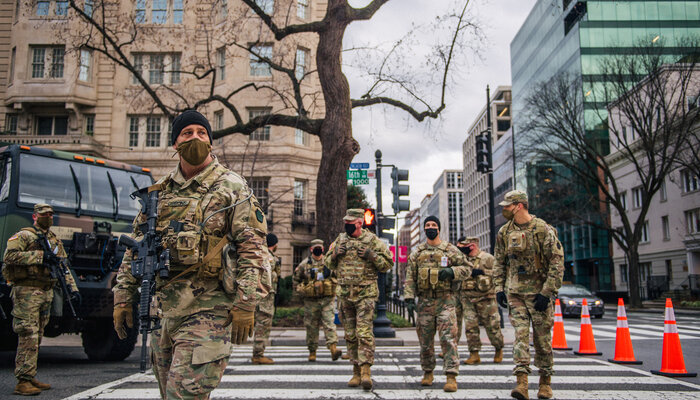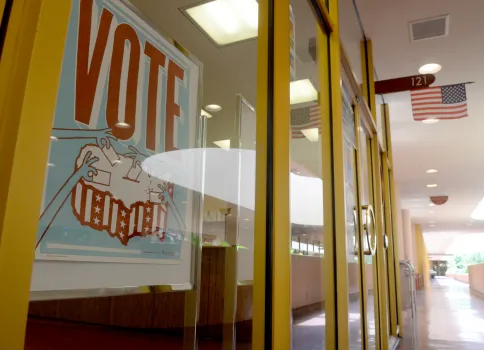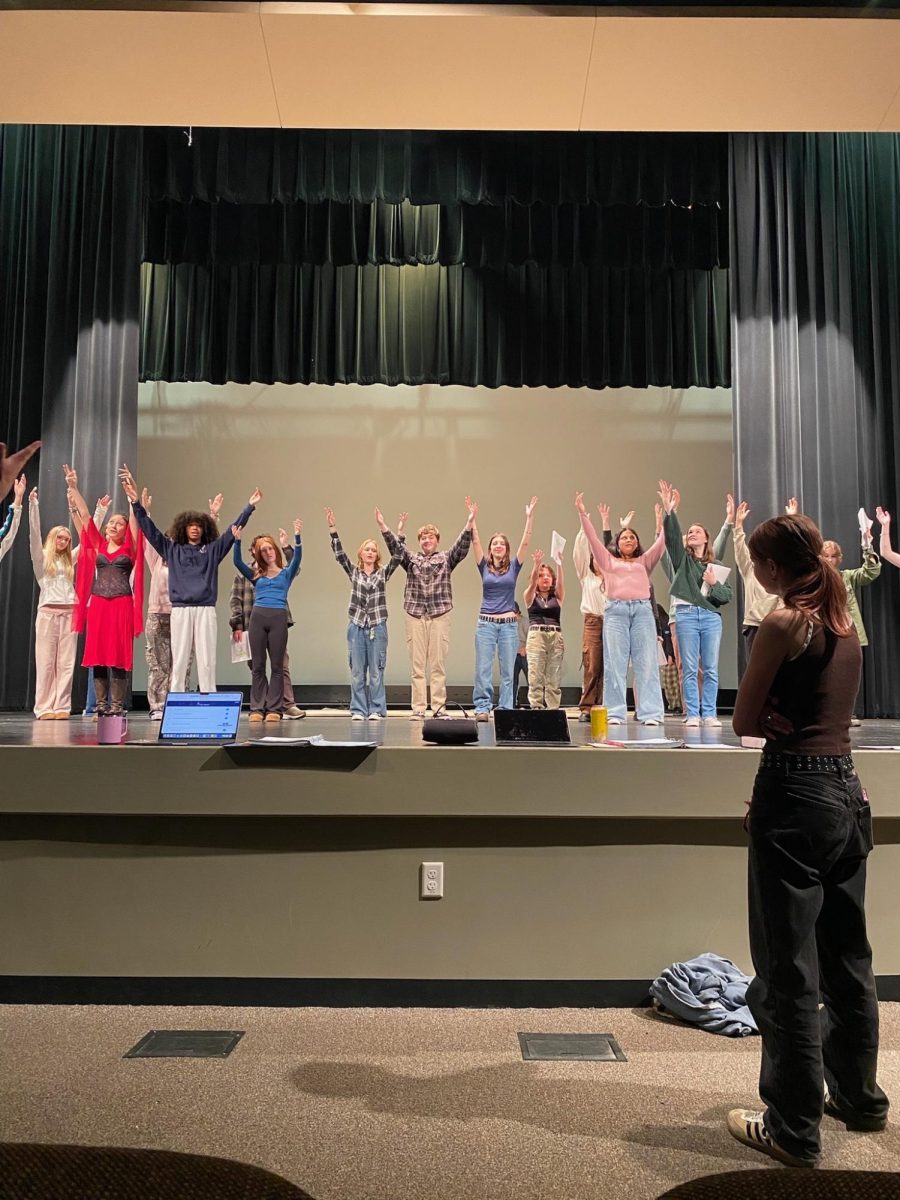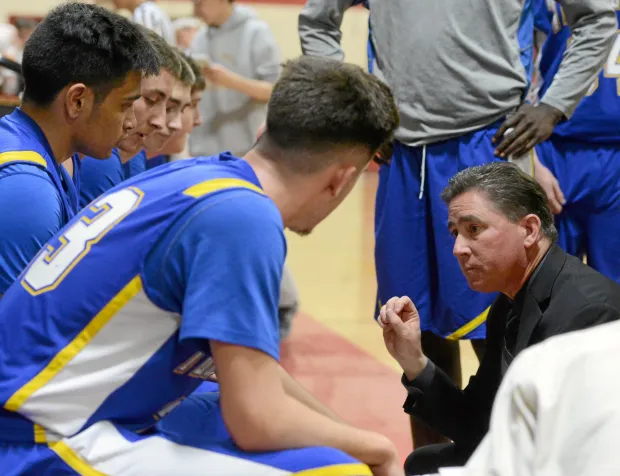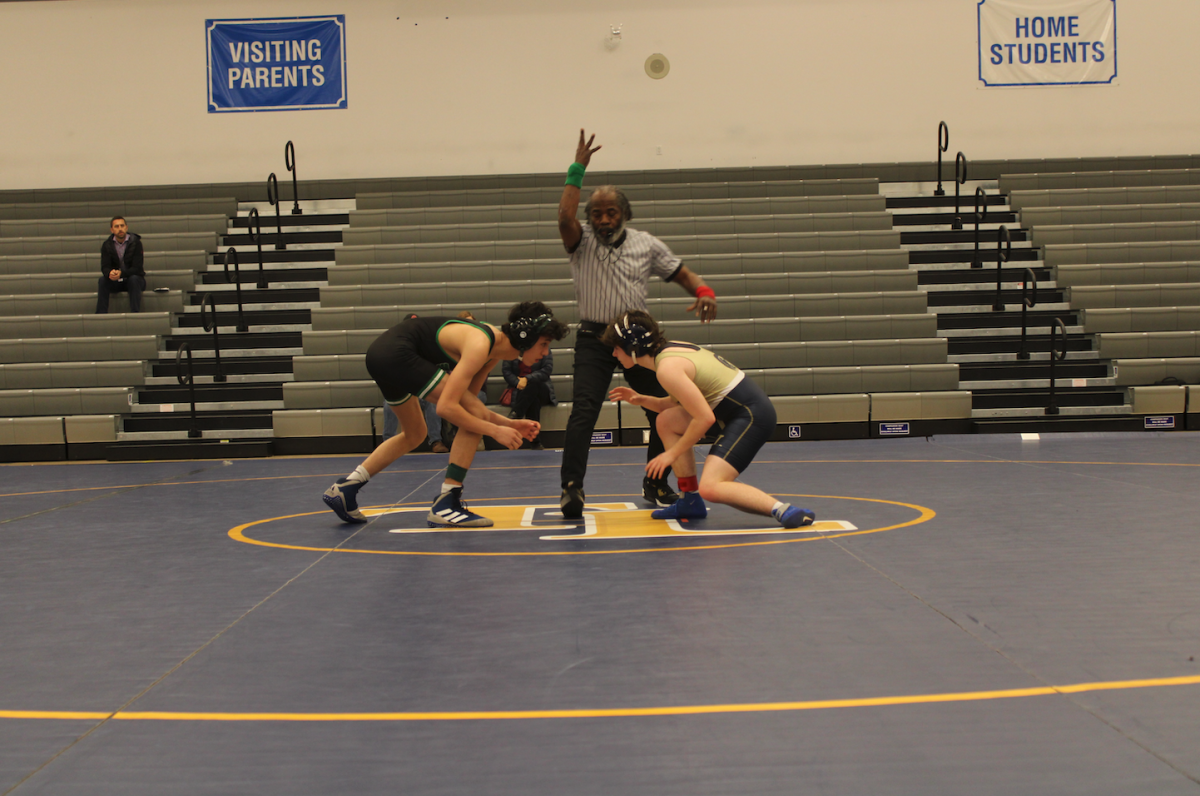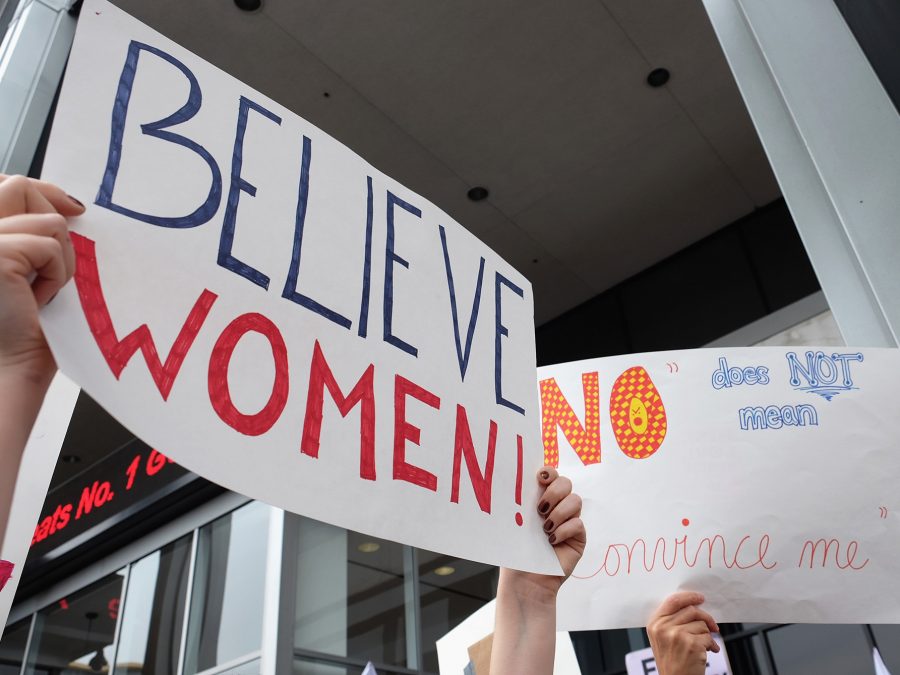“Was she asking for it, did she ask you twice?” controversial singer Courtney Love sang in her song, “Asking For It”. Released in 1994, the song “Asking For It” by Hole spoke about the issue of rape. However, twenty-seven years later, rape culture is still a problem. Recently, a statistic from UNWomen has come out reporting that 97% of women have been sexually harassed and/or assaulted. Before you continue reading, make sure you’re safe. This article contains graphic descriptions of sexual harassment and assault. It’s okay if reading this article isn’t the best choice for you right now. Your mental health is more important.
A senior(they/them) who wishes to stay anonymous shared their story. Abusers may not seem like the bad guy lurking in the dark; it could be anyone. They described him as “awesome” and went on to explain, “we got along very well.” However, they went on to explain that they were hooking up and he asked if they wanted to have sex. They told him no, but he went ahead and did it anyway. “Once it started I didn’t fight back… while it was happening random stuff was going through my head… I wasn’t paying attention. Afterwards, I didn’t like thinking about it.” When someone gets sexually assaulted they may not realize it was assault. Sexual harassment and assualt isn’t as black and white as people make it out to be. It’s not just someone catcalling a woman on the street or a man raping a woman. Sexual harassment and assault have no gender or age. It doesn’t have to involve penetration. When two people are going to engage in sexual activity both parties must consent. Both partners should give a firm “yes” beforehand.
The laws in RAINN.org clearly states what legal consent looks like in California. Both parties must be sober and conscious enough to consent. Neither one of the parties should feel coerced. Consent is defined as “cooperation in act or attitude pursuant to an exercise of free will and with knowledge of the nature of the act.” Senior, Maura Marshall, explains in health class that “there needs to be more focus around boundaries on consent [in health class]… it needs to be clear that anything that isn’t a yes is a no. It doesn’t matter if you’re in a relationship, there still needs to be a yes.” Marshall also stated that in society, guys feel entitled to sex. Men need to be taught from a very young age that women are not objects and don’t owe men anything.
Another issue with sexual harassment and assault is how people handle the aftermath. A lot of women don’t report their sexual assault for a multitude of reasons. A senior (she/her) who reported her sexual assault shared her story about what happened, she explained, “when I exposed him for the real person he was, people didn’t believe me. I was called a whore, a slut, and a liar… I lost a lot of friends.” When someone comes out with their story one should always validate the survivor. In the conversation about sexual assault, people bring up the issue of false allegations. However, they fail to realize how damaging that is to a survivor who is telling the truth. Even though the anonymous senior did face backlash for the report she did explain how she did have people on her side. “When I was getting attacked for reporting what happened to me, my friend who is also a survivor, told me ‘people who support abusers are abusers themselves.’ That’s always stuck with me and helped me cope.”
What should you do when someone confides in you about their sexual assault? Validate, validate, validate. The survivor probably has so many thoughts going through their head. Wondering if what happened to them was real or not. Marianne Vlahos, a crisis counselor at BAWAR (Bay Area Women Against Rape) emthepsized that if a suvior comes up to you and tells you they have been assaulted, the first thing you should say is “I believe you. Don’t give any advice, ask ‘what do you need right now… don’t ask ‘should’ or ‘why’ questions.” Give the survivor the control that was taken away from them by giving them the opportunity to share as much or as little of their story as they want. If you are going to ask the survivor a question, only ask clarifying questions. For example, if the abuser was a man this clarifying question could be “did they use protection?” If you want help and don’t know how you can always call a hotline. They will give you the resources and help you offer support to survivors. If you have been assaulted, Marianne stated “A hotline is a good place to start. Get a counselor through a hotline… help you identify what you want for support… Let’s talk about your support system? Do you have a support system? Do you need an advocate?” Even if you feel like the world is against you, there are people on your side and who want to be there for you.
If you do decide to report what happened to you or you want a rape kit, do your research. Not every hospital will have a rape kit on hand. The Emergency Room at Kaiser in San Rafael does offer rape kits. “Know what hospitals do. Nurses and doctors are mandated reporters. Need to know what to say unless you don’t want the police involved,” Marianne explains. If you need medical attention and you don’t want to say you were raped say you had some rough sex. It’s not a bad thing lying if it’s for your safety. As a survivor it’s your healing process and nobody should tell you what is the right way to heal. It’s okay not to go to the police.
Sexual assault and harassment has always been an issue, but we can fight it, as survivors and allies. There are so many resources to help survivors and allies. Heal at your own pace and take your own steps to heal. Nobody should be telling you how or what you should feel. We can live through this.
BAWAR Hotline- (510)-845-7273
National Sexual Assault Hotline- 1-800-656-4673




